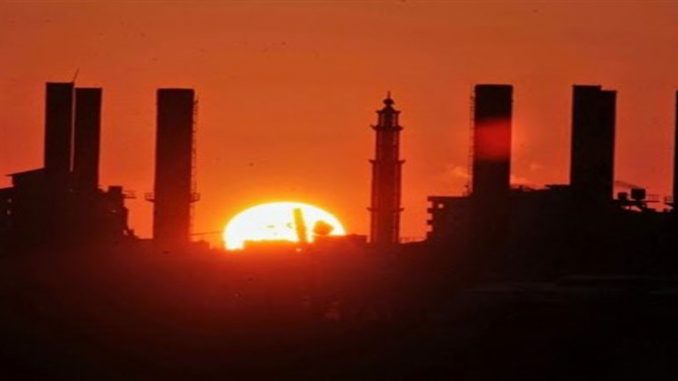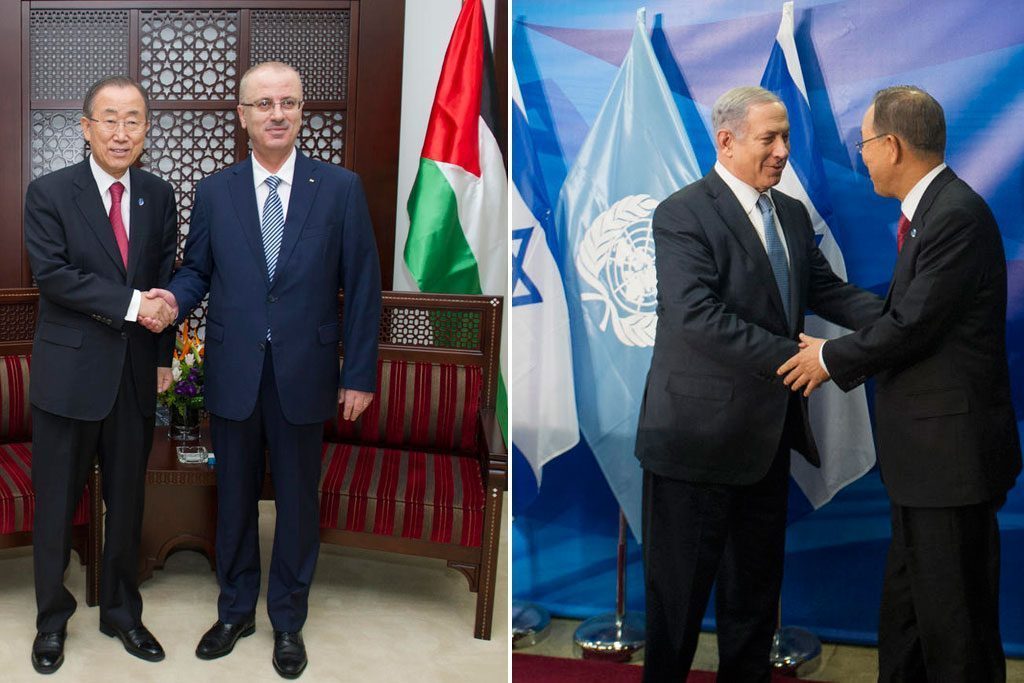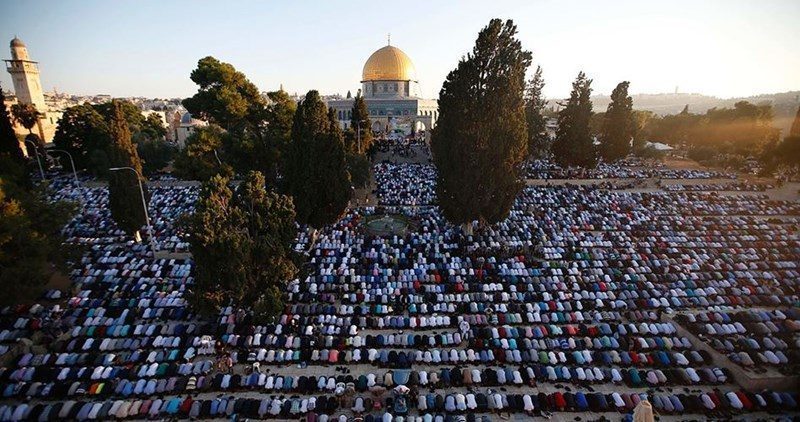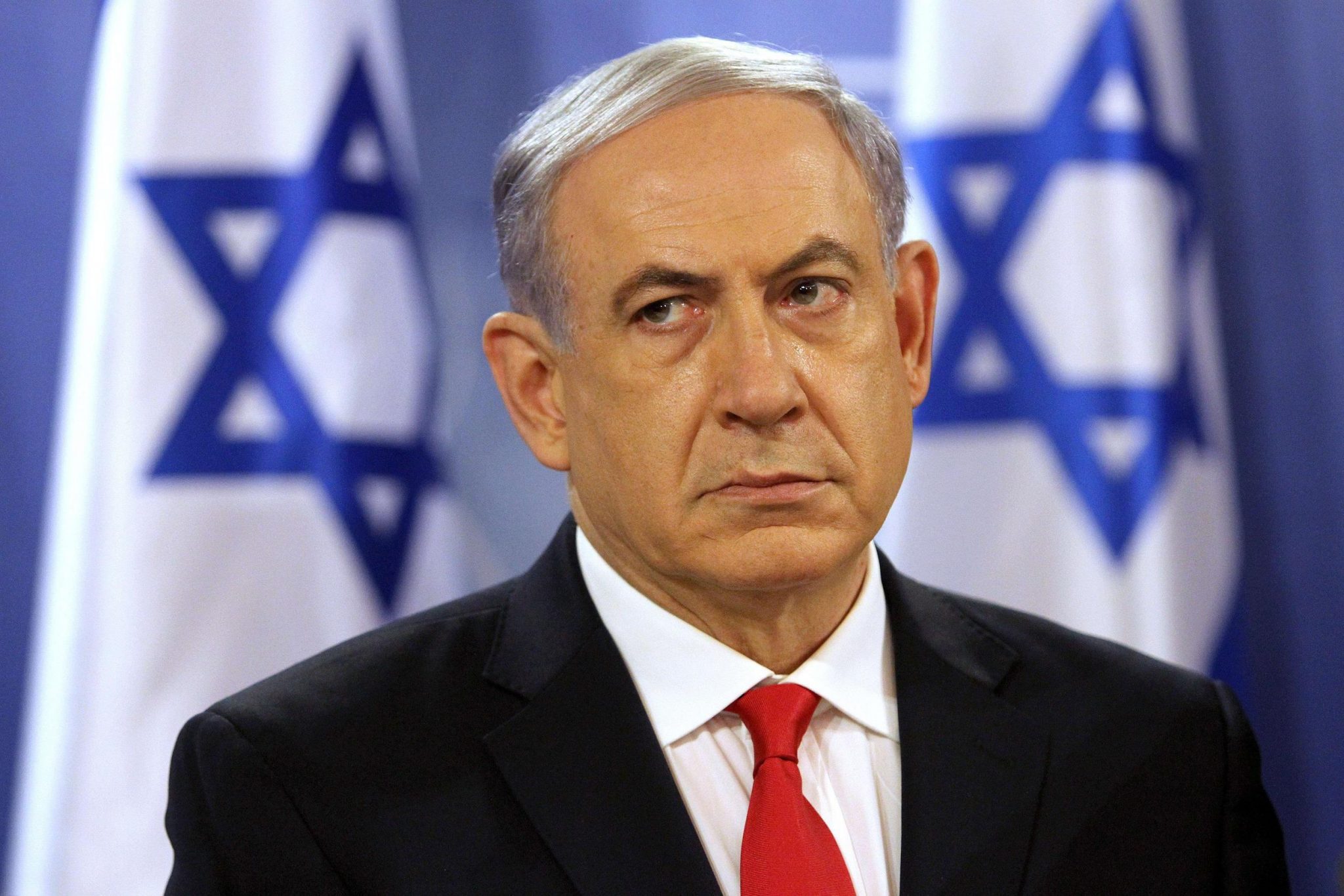Hamas spokesperson Fawzi Barhum said that the ongoing crisis was “intentional” and aimed “to close the siege on Gaza and create chaos.”Barhum demanded that Abbas and the Fatah movement end “this dangerous policy” and end the crisis, which has left Gaza with less than half of its needed electricity, and to “adopt all the needs of the Gaza Strip.”
Barhum stressed Hamas’ “clear positions on standing with Gazans and adopting all of their needs and demands.”
Protests and clashes have erupted in the besieged coastal enclave over the past two days, as residents call on all relevant authorities to find a permanent solution to the protracted issue, which has seriously affected Palestinians suffering under the nearly decade-long Israeli blockade.
In a statement released Saturday, Gaza’s electricity company said that most districts of the small Palestinian territory were only receiving power for three-hour intervals in between 12-hour power cuts, due to severe fuel shortages.
Even at full capacity, Egyptian and Israeli electricity grids, together with Gaza’s sole power plant, fail to cover the Gaza Strip’s energy needs.
Hamas — the de facto ruling party in Gaza — has governed the Gaza Strip since winning the majority of votes in a 2006 election in the besieged coastal enclave, which erupted into a violent conflict between the movement and their rivals Fatah as they both attempted to consolidate control over the small Palestinian territory.
Following Hamas’ election victory and subsequent takeover of Gaza, Israel imposed a crippling blockade on the territory in 2007. The Israeli government considers the entire Hamas movement, and thus Gaza’s government, to be a “terrorist organization.”
As the blockade enters its 10th year, and the population of Gaza exceeds 2 million Palestinians according to UN estimates, the severe electricity shortages have exacerbated the already dire living conditions in the small Palestinian territory.
War has also taken its toll, and during Israel’s 50-day offensive on Gaza in 2014, the power plant was targeted, completely knocking it out of commission.
The UN has warned that the Gaza Strip would become uninhabitable for residents by 2020, pointing to the devastation of war and nearly a decade of Israel’s blockade.




